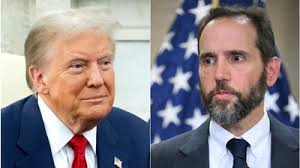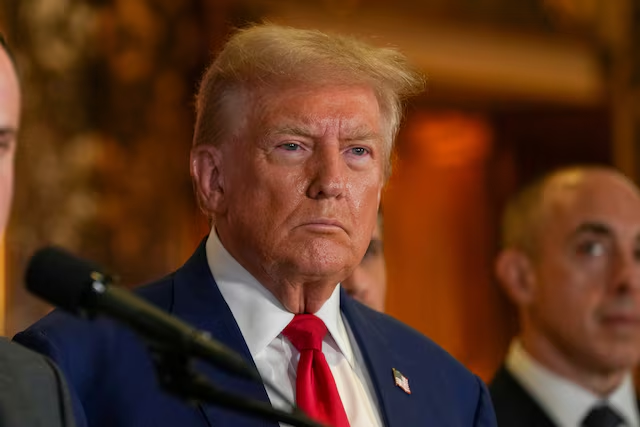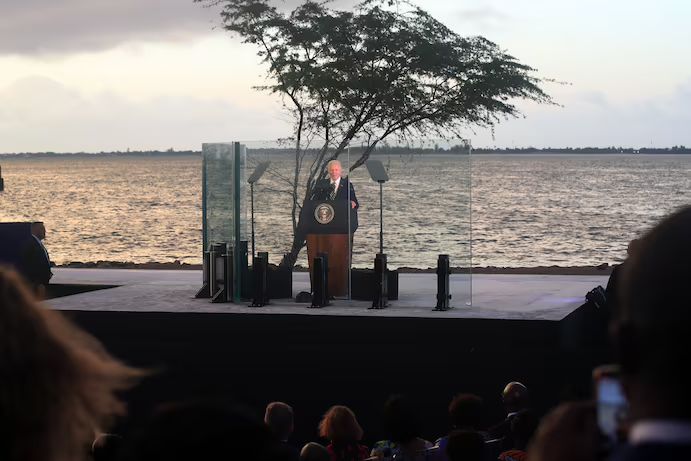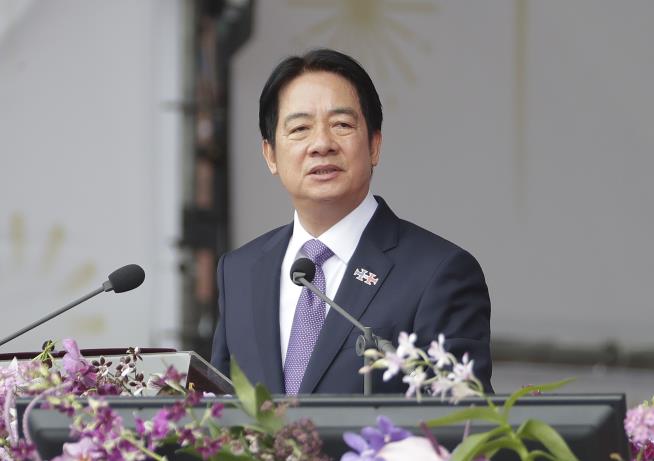U.S. to Delist Cuba as State Sponsor of Terrorism

The United States has announced plans to remove Cuba from its list of state sponsors of terrorism, a move that marks a significant shift in U.S.-Cuba relations. This decision, which could have far-reaching diplomatic, economic, and political implications, is a key step in the ongoing efforts to normalize ties between the two nations after decades of tension and hostility.
For over 30 years, Cuba has been designated as a state sponsor of terrorism by the U.S. government, a label that severely limited the country’s access to international financial institutions and hindered its ability to engage in global trade. This designation was primarily based on accusations that the Cuban government provided support to insurgent groups and armed movements in Latin America and other regions. However, over time, the political landscape changed, and Cuba’s role in supporting international terrorism became less pronounced.
In recent years, under the leadership of President Barack Obama, the U.S. made significant strides in re-establishing diplomatic relations with Cuba, culminating in the reopening of embassies in 2015 and the easing of certain travel and trade restrictions. However, despite these efforts, Cuba remained on the state sponsors of terrorism list, largely due to longstanding tensions over issues such as Cuba’s support for anti-U.S. guerrilla groups and its political system, which remains at odds with the U.S. democratic model.
The decision to remove Cuba from the terrorism list was a highly anticipated move by both the Cuban government and various international stakeholders. Supporters of the change argue that the removal is a long overdue step towards greater engagement with Cuba and an acknowledgment of the progress the country has made in its foreign policy over recent years. Cuba has also taken steps to cooperate more actively with international organizations, such as the United Nations, to combat terrorism and promote regional security.
One of the most significant outcomes of this decision is the potential for increased economic engagement between the U.S. and Cuba. The designation as a state sponsor of terrorism had long been a barrier to foreign investment in Cuba, as it restricted the flow of capital and trade. By removing Cuba from this list, the U.S. is signaling that it is open to further economic cooperation, which could lead to greater opportunities for U.S. businesses and for Cuba’s economy, which has struggled under a long-standing U.S. trade embargo.
The timing of this announcement is also notable. It comes during a period of heightened international pressure on the U.S. to engage in constructive diplomacy with its neighbors in the Western Hemisphere, especially as the Biden administration seeks to prioritize issues like climate change, human rights, and economic development in Latin America. By taking this step, the U.S. is aligning itself with other nations in the region that have long called for the removal of Cuba from the terrorism list and are seeking to deepen their engagement with the island.
However, the move is not without its critics. Some in Congress and within the broader U.S. political establishment argue that Cuba has not sufficiently demonstrated a commitment to democratic reforms or human rights, and that the removal of the terrorism designation could be seen as an appeasement of a repressive regime. These critics point to ongoing concerns over Cuba’s treatment of political dissidents, restrictions on freedom of speech, and its lack of political pluralism.
In addition, the decision to remove Cuba from the terrorism list could strain relations with some of the U.S.’s allies who have maintained a more cautious stance toward Cuba, particularly those in the European Union and Latin America. There is also the potential for domestic political fallout, especially among Republican lawmakers and Cuban-American communities who have historically opposed closer ties with the Cuban government.
Despite these challenges, the removal of Cuba from the state sponsors of terrorism list is widely seen as a step towards reconciliation and the gradual normalization of U.S.-Cuba relations. The Biden administration has emphasized that the decision is not a blanket endorsement of the Cuban government’s policies but rather a recognition of the changing geopolitical realities and the potential for collaboration on issues of mutual interest, such as counterterrorism, migration, and public health.
In conclusion, the U.S. decision to remove Cuba from the state sponsors of terrorism list represents a pivotal moment in the history of U.S.-Cuba relations. While it may face opposition from various quarters, it opens the door for greater diplomatic and economic engagement between the two countries. As both nations navigate this new phase in their relationship, the hope is that this move will lead to broader regional stability and more opportunities for cooperation in the future.






